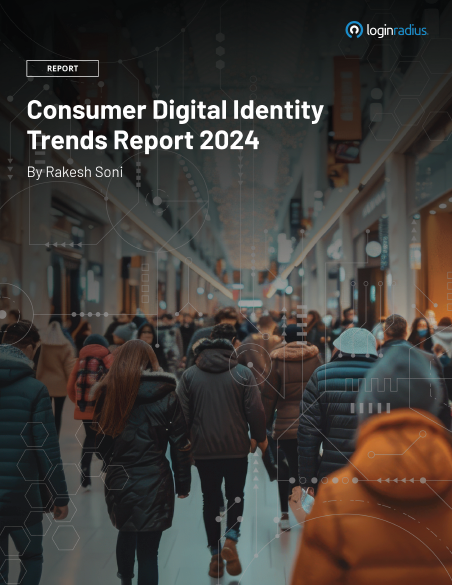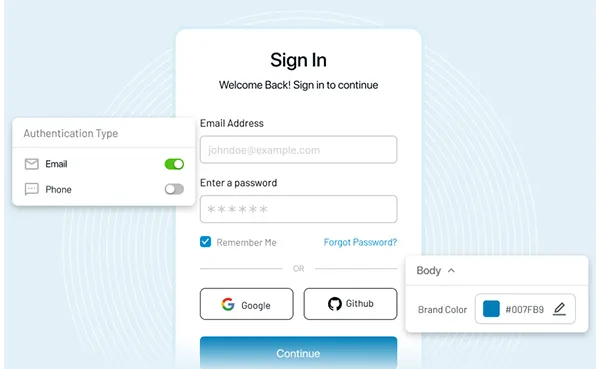Introduction
Organizations constantly strive to build strong customer relationships in today's modern business landscape. They invest significant resources in understanding consumer behavior, personalizing experiences, and creating targeted marketing campaigns.
However, one fundamental aspect often gets overlooked amidst the rapidly evolving technological landscape: identity. Identity is a critical component that should be central to any customer strategy.
Let’s highlight why identity matters and how it can enhance your customer relationships and overall business success.
How Identity Impacts Overall Business Success?
1. Personalization and customer experience
Personalization goes beyond simply addressing customers by their names. By leveraging identity data, businesses can create highly targeted and relevant experiences throughout the customer journey.
Understanding customers' preferences and behaviors allows you to offer personalized product recommendations, tailored promotions, and customized content. This level of personalization enhances customer satisfaction and engagement, ultimately driving higher conversion rates. Additionally, customized experiences create a sense of connection and empathy, fostering long-term loyalty and advocacy.
2. Building trust and security
Protecting customer identity and data is paramount in today's digital landscape. Implementing robust security measures, such as encryption, two-factor authentication, and secure data storage, assures customers that their personal information is safe with you.
Transparent privacy policies and clear communication regarding data usage also contribute to building trust. By prioritizing identity security, you can differentiate yourself as a trustworthy brand, building stronger relationships with your customers and mitigating the risk of data breaches or privacy incidents that could tarnish your reputation.
3. Seamless omnichannel experiences
Customers expect consistency and continuity as they interact with a brand across different channels. Integrating identity management across your various touchpoints allows you to provide a seamless omnichannel experience.
For example, a customer who starts shopping on your website should be able to continue their journey seamlessly on a mobile app or even in-store without any disruptions.
By maintaining a unified view of your customers' identities and interactions, you can deliver personalized recommendations, preserve shopping carts, and provide relevant content regardless of the channel, creating a frictionless experience that enhances customer satisfaction and drives conversions.
4. Data-driven insights
Identity-related data is a goldmine of insights that can inform your marketing and business strategies. By analyzing customer data, you can identify patterns, preferences, and trends that enable you to make data-driven decisions.
For instance, demographic information can help you understand your target audience better and segment them for more targeted campaigns. Purchase history and browsing behavior can reveal cross-selling and upselling opportunities.
By harnessing the power of identity data analytics, you gain a deeper understanding of your customers, enabling you to optimize marketing efforts, personalize offerings, and improve customer service, ultimately driving revenue growth.
5. Enhanced customer lifetime value
You can significantly impact customer lifetime value (CLV) by prioritizing identity in your customer strategy. A personalized and seamless customer experience, trust, and data-driven insights increase customer retention.
Repeat purchases and long-term loyalty contribute to higher CLV. Additionally, satisfied customers who have a positive experience with your brand are more likely to become brand advocates, promoting your products or services to their network and attracting new customers.
Increasing CLV boosts revenue and reduces customer acquisition costs, making it a vital factor in achieving sustainable business growth.
To Conclude
Incorporating identity into your customer strategy is a strategic imperative in today's competitive marketplace. By focusing on personalization, trust, seamless omnichannel experiences, data-driven insights, and customer lifetime value, you can build stronger relationships with your customers and achieve long-term business success.
By placing identity at the center of your customer strategy, you create a customer-centric approach that drives customer satisfaction, enhances brand reputation, and positions your business as a leader in your industry.

















